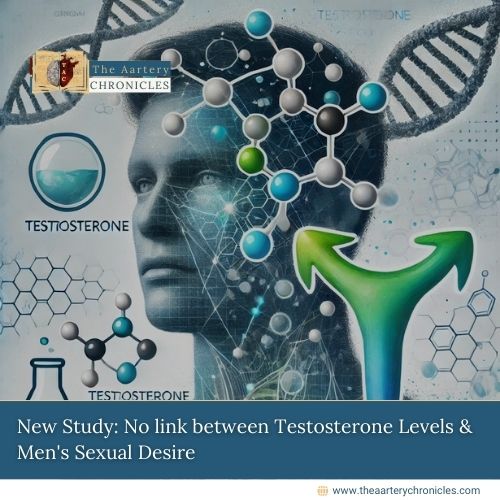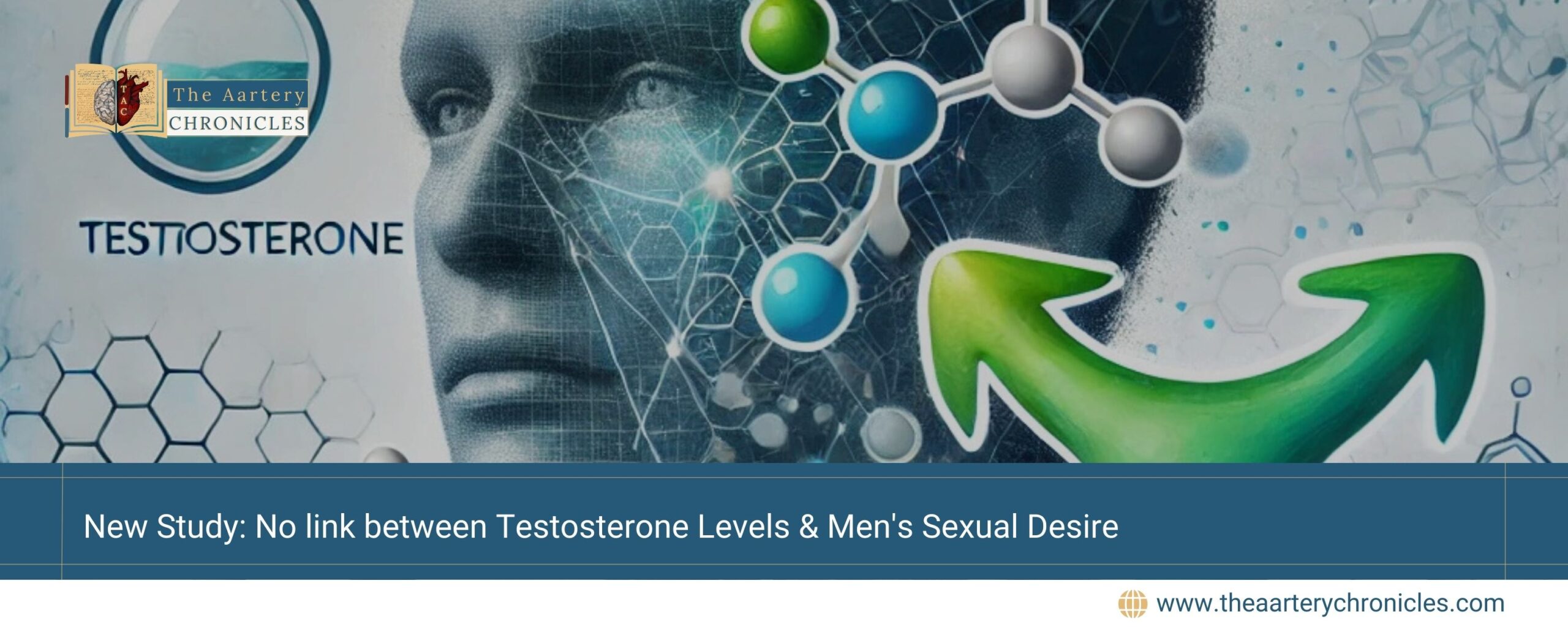

New Study: No link between Testosterone Levels & Men's Sexual Desire
Introduction
A recent study challenges the common belief that men’s sexual desire is directly influenced by their daily testosterone levels. Conducted by an international team of psychologists, the research reveals surprising insights into how testosterone influences men’s behaviour but not their immediate sexual desire.
Research Overview
The study, published in the journal Proceedings of the Royal Society B, involved researchers from the University of California, Santa Barbara, the National Research Institute in Poland, the State University of New York, and the University of Chicago. It aimed to explore whether fluctuations in testosterone levels are directly associated with changes in men’s sexual desire.
How the Study Was Conducted
The researchers recruited 41 adult male participants who provided daily saliva samples for a month. Along with the samples, participants recorded their sexual desire levels and thoughts related to courtship, dating, or sexual relationships in a daily journal.
Testosterone levels were measured because they naturally fluctuate due to factors such as sexual activity, physical fatigue, and dietary habits. However, the researchers noted that these fluctuations might not immediately impact behaviour, as testosterone production can take several days to respond to such changes.
Key Findings
- No Direct Link to Sexual Desire
The data showed no clear connection between testosterone levels on a given day and the participants’ levels of sexual desire. This finding contradicts the common assumption that higher testosterone automatically leads to stronger sexual urges.
- Role in Relationship Status
Interestingly, the study found that single men and those in relationships showed different patterns in testosterone fluctuations. Single men were more likely to exhibit increased efforts in courtship activities on days when their testosterone levels were high. This suggests that testosterone may play a bigger role in behaviours related to mate selection rather than directly influencing sexual desire.
Implications of the Study
This research offers a new perspective on the role of testosterone in male behaviour. While it remains an important hormone for general masculinity and reproductive functions, its influence on daily sexual desire appears to be overstated. Instead, testosterone may act as a motivator for mate-seeking behaviour, particularly in single men.
Conclusion
These findings add to our understanding of human behaviour by separating the biological effects of testosterone from cultural assumptions about its impact. While the study focuses on a relatively small group of participants, it opens the door for further exploration into the complex factors that shape human sexuality and relationships.
Source: Inputs from various media Sources









